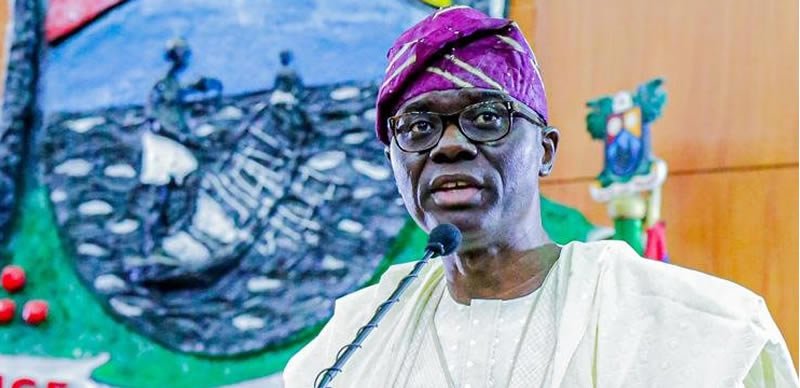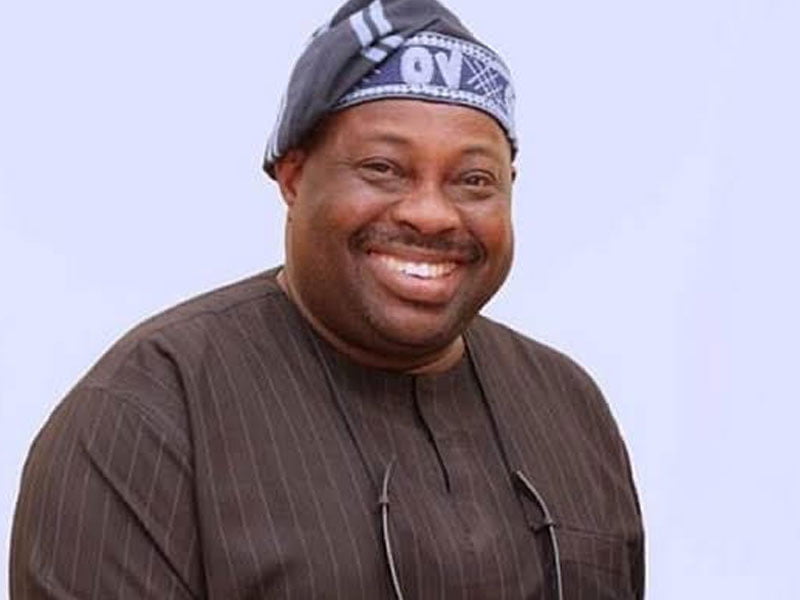Vice President, Prof Yemi Osinbajo and founder of Afe Babalola University, Aare Afe Babalola, have canvassed an overhaul of the curriculum for legal education to reflect contemporary reality.
The legal giants and senior advocates identified an obsolete curriculum as one of the biggest challenges confronting the development of legal education in Nigeria.
Osinbajo and Babalola spoke during the 2022 Legal Education Summit organised by the Nigerian Bar Association in collaboration with ABUAD with the theme, ‘Reimagining legal education in Nigeria’ holding at ABUAD.
While Babalola spoke in Ado Ekiti, the vice president addressed the gathering through virtual mode.
Osinbajo, who said the Nigerian law schools were producing lawyers who could not measure up to contemporary benchmarks and the global best practices in the legal profession, said that a well-articulated review of the obsolete curriculum would ensure the Nigerian Law graduates acquired qualitative legal education and compete favorably with their contemporaries.
He stressed the need for law graduates to be subjected to intense practical training rather than theoretical aspects with a view to exposing them to the mastery of intricacies of the legal profession.
In the keynote address, Babalola, who said the proliferation of law school campuses would not solve the problem of access to legal education, said, “It is common knowledge today that there is not a single one of all the existing law school campuses in the country that has modern equipment, libraries, internet facilities, E- libraries and modern ICT infrastructures.
“For me, what we need is a central law school. The law school, which should be a regulatory body will provide curricula for training for law graduates, supervise the university which will train graduates for the law school examination, set final examinations for students who would be called to the Bar.
“It would also accredit universities which have law colleges to train the graduate lawyers for 12 months after which they will take a common examination which would be moderated by the central law school.
So, with these proposed arrangements, the law graduates will proceed to these reputable colleges/faculties of law with up-to-date facilities and faculty members of international repute for their post-LL.B training and only to write their ‘Call to the Bar Examinations’ without having to be a residential student in any law school as is currently the case.
“This way, the hydra-headed problems of the paucity of funding, derelict facilities and inadequate accommodations space would have been solved”, he said.
The NBA President, Mr Olumide Akpata, who corroborated Osinbajo and Babalola on the need to review the curriculum, said experience with fresh law graduates had shown that they lacked the requisite knowledge to fit into today’s law practice.
Akata, who said the curriculum being used in the universities and the Nigerian Law School had hardly changed over the years, said there was an urgent need to revise the present curriculum to meet the global developmental challenge.
“It is a truism that quality legal education is an essential element and ingredient to legal professionals who are competently representing clients and contribute to the establishment of the rule of law. But, our country’s legal standard has declined in all its measure.
“This is as a result of the general decline in Nigeria’s educational standard which has played role in undermining our ailing system of legal education and training of law graduates that can compete with their contemporaries”, Akpata said.
Copyright PUNCH.





2 Comments